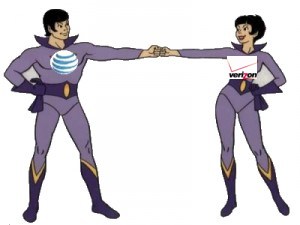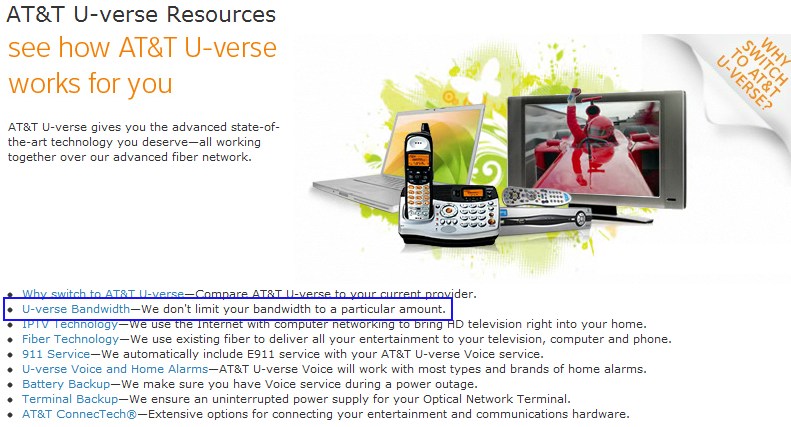
ToddTool could have been forced into bankruptcy, taking its 14 employees straight to the unemployment line, had AT&T followed through on its threat to collect a million dollar fraudulent phone bill.
Michael Smith and his 14 employees can now sleep again after AT&T dropped a $1.15 million lawsuit against Smith’s small manufacturing company after the story went viral.
The lawsuit was filed over fraudulent long distance calls placed through Smith’s PBX phone system to the war-torn nation of Somalia over a four day period in 2009.
Smith discovered the fraud after getting long distance bills totaling $891,470 the following month.
More than $260,000 of additional charges were billed by Verizon, Smith’s landline phone company, and Verizon forgave those charges a few months after Smith filed a billing dispute. Verizon noticed the unusual calling activity and temporarily suspended Smith’s international long distance service. The phone hackers then simply used a “dial-around” long distance access code for AT&T to keep the calls going through, resulting in a huge bill from AT&T, which charged $22 a minute for the calls.
Unlike Verizon, AT&T wanted its money and despite multiple attempts to get credit for the fraudulent long distance calls, AT&T refused to relent, filing suit against Smith for the full cost of the fraudulent calls, plus interest.
Smith told a Salem, Mass. newspaper if he paid the bill, it would force his company into bankruptcy and put his 14 employees on the unemployment line.
The company claims in its lawsuit Smith should have known better — securing his PBX system more effectively against international long distance fraud and that under Federal Communications Commission regulations, AT&T is entitled to collect from the owner of the phone line, regardless of who actually made the call.
Smith told The Salem News he’s tried to resolve the matter, even reaching out to the CEO of AT&T, but a secretary at the company called and said that once AT&T refers a case to outside counsel, they are done talking.
AT&T later offered to waive the accumulating interest charges on the unpaid balance (now $197,000 and growing) if Smith paid the company $891,470 for the phone calls to Somalia.
Smith filed a countersuit instead, claiming AT&T is abusing the legal process and violating Massachusetts consumer protection laws. A judge was pushing the case to mediation.
Smith’s interview with the Salem newspaper came at additional risk: AT&T’s lawyers threatened they would take action if he “disparaged” the company’s name in the media.
After the story ran nationwide this morning on the Associated Press wire service, the company suddenly dropped the case.
In a statement sent to the media, AT&T writes it is no longer pursuing its claims against Michael Smith, of Ipswich, “though we are entitled by law to collect the amounts owed.”


 Subscribe
Subscribe









